
... and now let's talk about YOGA...
Oh, no... it is not my last hobby; YOGA stands for "Your Objectives, Guidelines and Assessment" form. This week we didn't do our weekly Skype exchange with our American friends, and so Sarah proposed us to do a different work. We were supposed to reflect and examine the developement of our intercultural communicateive competence (ICC or Intercultural Competence, for short). We were supposed to fill a test and use it as a kind of self-evaluation guide. As the explanation of the test says, this document should help us to critically examine our intercultural objectives, serve as guidelines while undergoing an intercultural experience, and provide an assessment tool at variour stages of intercultural development.
The test is divided in 4 sections called: awareness, attitudes, skills and knowledge, and each of them is divided in 4 levels too, educational travel, sojourner, professional and intercultural/ multicultural specialist. I decided to complete the first and the third part, because these are the two that applied directly to my experience. The competences as "educational traveler" are linked with the experience that I had 5 years ago when I went to Edimburgh. I lived there for one month in a campus and I attended a summer school class with other international students.
It was my first time abroad and it was a great opportunity to develop my intercultural competences. Then, in filling the third section, I took into consideartion the experience that I had in January when I worked as interpreter during the Gold Exhibition in Vicenza. Then to fill out the test, I considered my experiences as a foreign languages' student and as a professional as well. I thought of my language competence in general but with an eye on English culture, which is the one I experienced directly.
I think that YOGA Form, first of all, is a good opportunity to sit down and reflect on my progress in intercultural competence. Most of the time we undervalue the importance of reflection on our developments in languages. We are used to study and practice them, without taking into account if what we are doing is useful or not for our everyday life and job's experience. In fact, while ackonowledging that contact and experience with people of other languages and cultures in a positive setting provide excellent opportunities to provoke ICC development, it is also clesr that once the process has begun, its develpoment is an on-going- often a lifelong- process. So, answering the questions, I found out some interesting things about my awaress and attitudes towards languages and cultures differences.
As far as my "educational traveler" experience I demonstrate awareness of differences across languages and cultural, how a specific context alters my interaction with others and I am viewed by members of the host culture. I demonstrate a willingness to interact with members of a host culture, try to communicate in the host language and to behave in "appropiate" ways and also try to deal with the emotions and frustrations caused by my partecipation in a host culture. About skills, I demonstrate flexibility in interactions with people from the host culture and I develop strategies for learning the host language.
Filling out the test, however, I notices that I had the most improvement in the "professional" field. I demonstrate willingness to grapple with multiple ways of perceiving, of expressing myself, and behaving; to engage with others and to try to understand differences in their behaviour and attitude. As an interpreter I tested my languages skills too, and I realized that i can use several cultural frameworks to improve my professional interactions,nad I can communicate effectively with people from various cultures in a range of social domains.
But, in both sections, I even noticed that I have a low competence in the knowledge of the essential norms and taboos of the host culture in general. In my opinion the reason is because during these years at university I more concentrated on studying grammars and theori concept about languages, without paying much attention to the real content of "culture. Having a full knowledge of what "culture" really means, must be essential if we want become great af efficent Mediatori Culurali.
Isn't it???

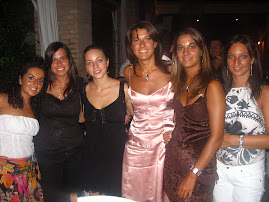
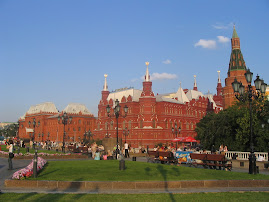
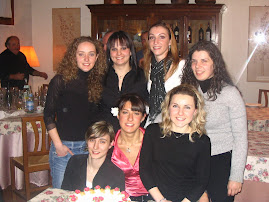


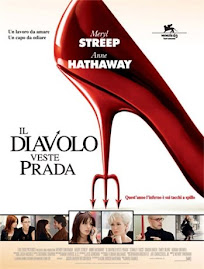
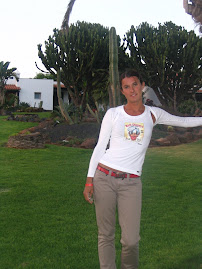

Nessun commento:
Posta un commento